African Digital Schools Initiative- ADSI
Background
Africa’s rapidly growing youth population presents a potentially pivotal group for innovation,dynamism and creativity. However, everything will depend on whether this group is facilitated to acquire the requisite skills to contribute to the economic growth and social development of their countries as required and as universally regarded as essential for the technology-driven knowledge societies of today. The biggest challenge will be to provide an inclusive and quality educational experience at secondary level where competencies in Maths, Science, Technology and English subjects; skills for higher order thinking, analysis and synthesis, teamwork and developing an enterprising mentality are seen as crucial to the future social and economic development of Africa (Burnett and Jayaram, 2012).
African governments recognize that secondary education is an important priority in the new 2030 agenda for sustainable development. They are increasingly recognizing that ICT deployment and integration can lead to improvement in their education systems in general and in secondary education in particular.
GESCI (The Global E-Schools and Communities Initiative) has worked, since 2005, to provide capacity building, technical and strategic support to countries seeking to harness the potential of ICT to increase access to, and to improve quality, equity and effectiveness of secondary education particularly in relation to science, maths, technology and English subjects to help address the low numbers progressing to university to study STEM courses and, ultimately, to contribute to the socio-economic development of African countries.
The Issues
In helping to define an effective, sustainable and replicable model to transform secondary education, the African Digital Schools of Distinction (ADSI) programme will :
(1) Improve the quality of teaching through ICT – based teacher professional development
(2) Support school-wide integration of ICT in secondary level education to improve learning across the curriculum
(3) Improve teaching and learning in STEM subjects to correct the low student take-up and mediocre achievement in STEM subjects
(4) Encourage sourcing and regular usage of open education resources (OER) in the classroom
(5) Define a minimum and affordable technology configuration for schools
The ADSI programme presents a specific and pivotal focus on the use of ICT to promote good teaching and innovative practice in Science, Technology, English and Mathematics (STEM) and to raise the standard of teaching and learning throughout the school at secondary level in target countries.
The Model
The African Digital Schools Initiative (ADSI) is a new methodology and set of frameworks to transform secondary schools into digital schools of distinction. It is designed specifically to build secondary–level student 21st century skills and teachers’ innovative practice in a way that is responsive to the needs of the market place and to the emerging knowledge economies and societies.
The model is centered on two key elements of capacity building of schools and teachers as follows:
1.) A phased approach to whole school development for ICT use integrating GESCI’s new digital school of Distinction frameworks for developing leadership and vision, ICT integration across the curriculum, ICT school culture, ICT teacher professional development and infrastructure and resources.
- Bringing schools through a progression pathway from ‘initial ’ to ‘e-enabled’ to ‘e-mature’ to ‘e-confident’ whole school ICT Integration
2.) A phased approach to teacher development for ICT use integrating new contextualized ICT competency frameworks for teachers for developing understanding for ICT integration in educational policy,in the curriculum, in pedagogy, in management and organization and in professional learning.
- Bringing teachers through a progression pathways from ‘initial’ to ‘technology literacy’ to ‘knowledge deepening’ to ‘knowledge creation’ use of ICT in professional practice.
ADSI is a comprehensive multi-country and multi-year programme to implement an effective, sustainable and replicable model of digital whole school development in secondary education that will lead to improved student 21st century skills development, learning outcomes and readiness for the knowledge economy workplace.
The programme is supported and funded by The MasterCard Foundation.
The ADSI programme consolidates and develops a holistic expansion of a successful previous project in relation to its innovation practice, whole school approach, horizontal (geographic) and vertical (institutional) outreach and impact, and shared ownership. The ADSI model presents a portfolio of system-wide ICT innovation elements that can address policy coherence needs for ICT integration in teaching and learning. This includes a blended learning teacher development approach, whole school involvement, school leadership capacity building, converging technologies of e-and m-learning, use and development of open education resources and an online repository of materials. A digital school award and recognition structure for schools will be accompanied by an accreditation and certification framework for teachers to incentivize ICT integration and progression. To raise awareness and to influence new policy formulation, structured policy dialogues will take place.
Focus on scaling
As a pre-scaling programme, ADSI places emphasis on the institutional level, targeting government institutional co-participation from national levels (ICT,curriculum,teacher development and evaluation institutes, departments and ministries) to local levels (schools, communities, county and regional directorates)in the development and management of the project (inclusive of monitoring, evaluation and learning). Institutionalization and sustainabliity are central to ADSI. ____________________________________________________________________________________
1. GESCI’s Digital School of Distinction framework
2. Strengthening Innovative Practice in Secondary Education (SIPSE) pilot model (2013-2015)
ADSI Case Studies
ADSI Project
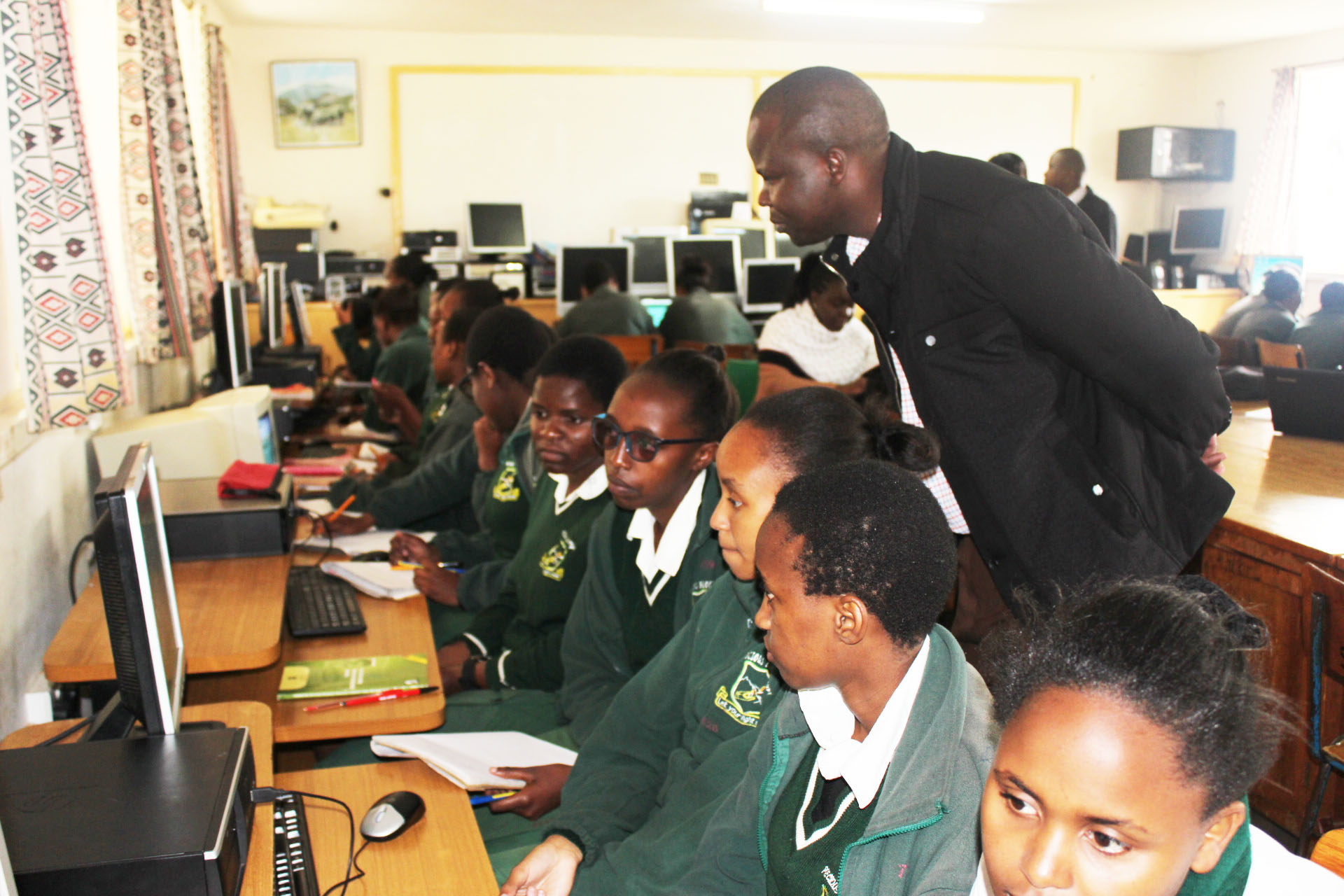
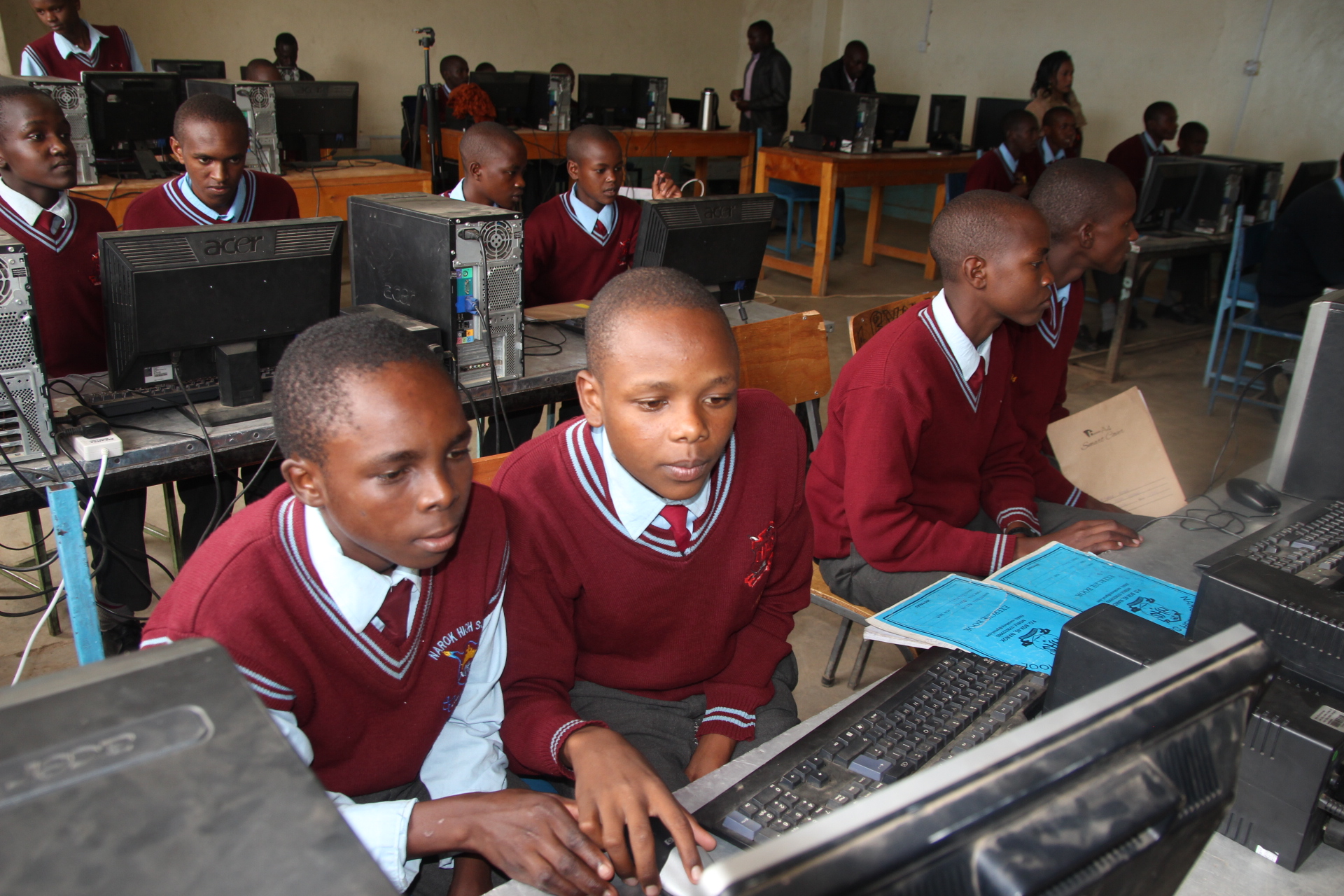
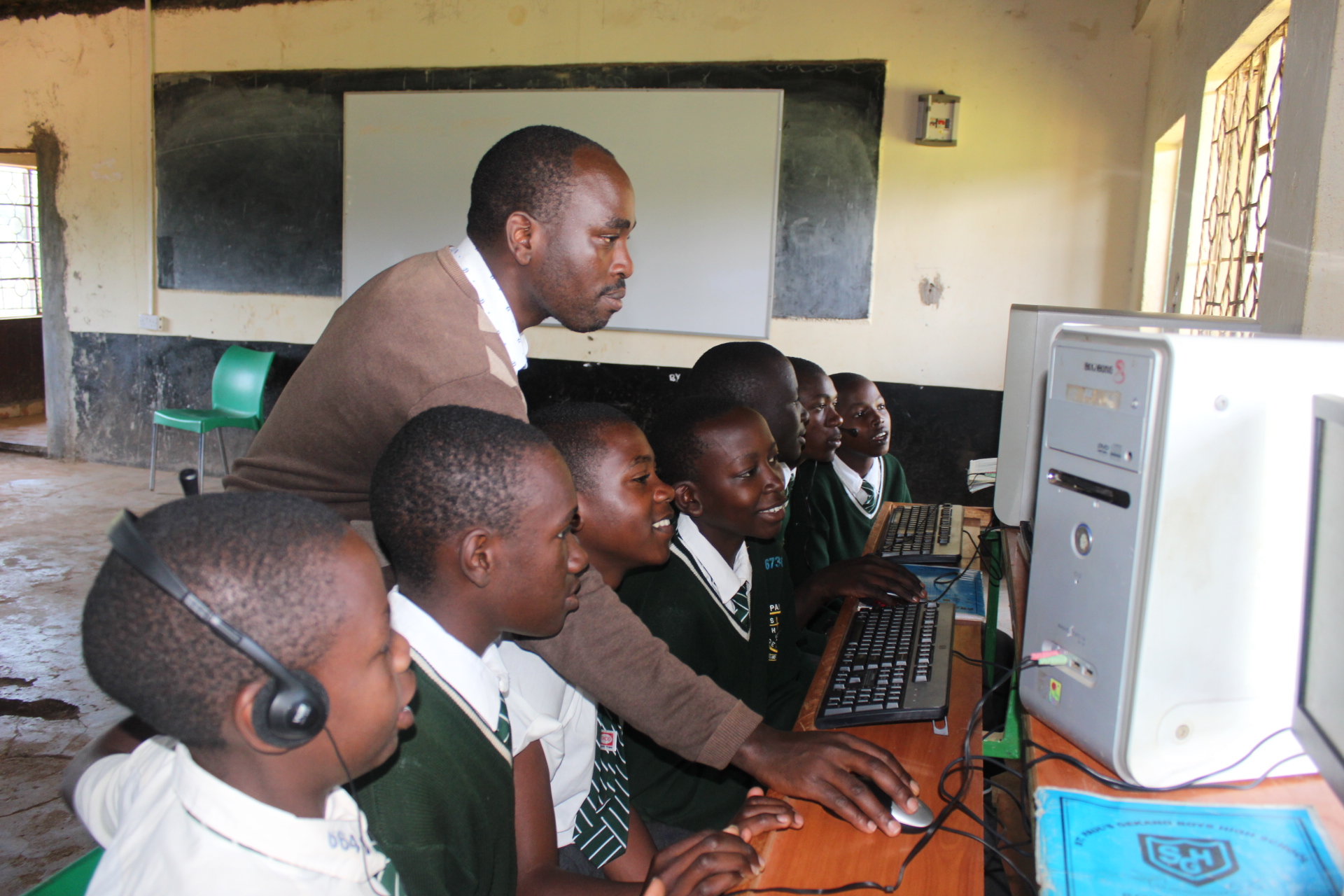
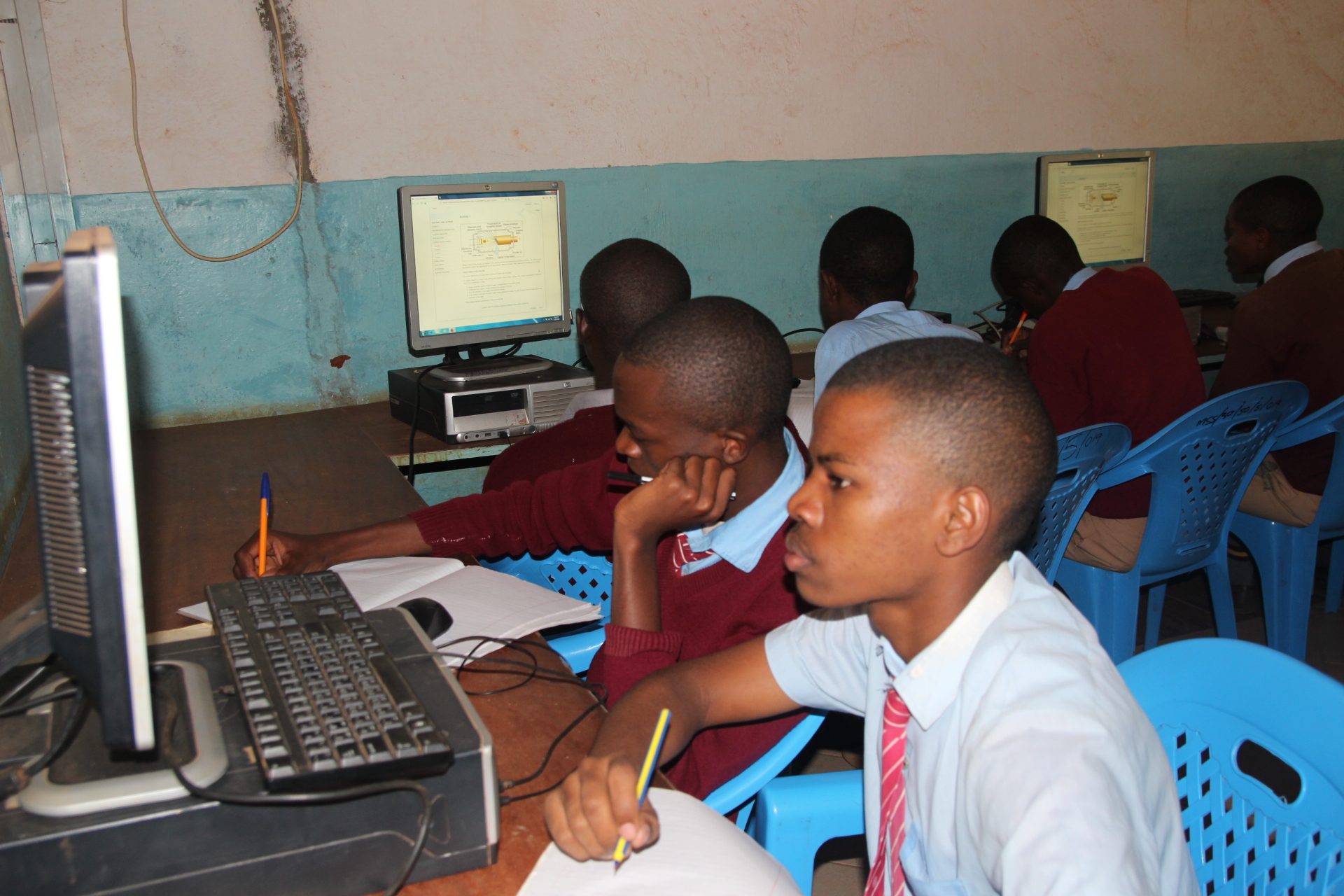

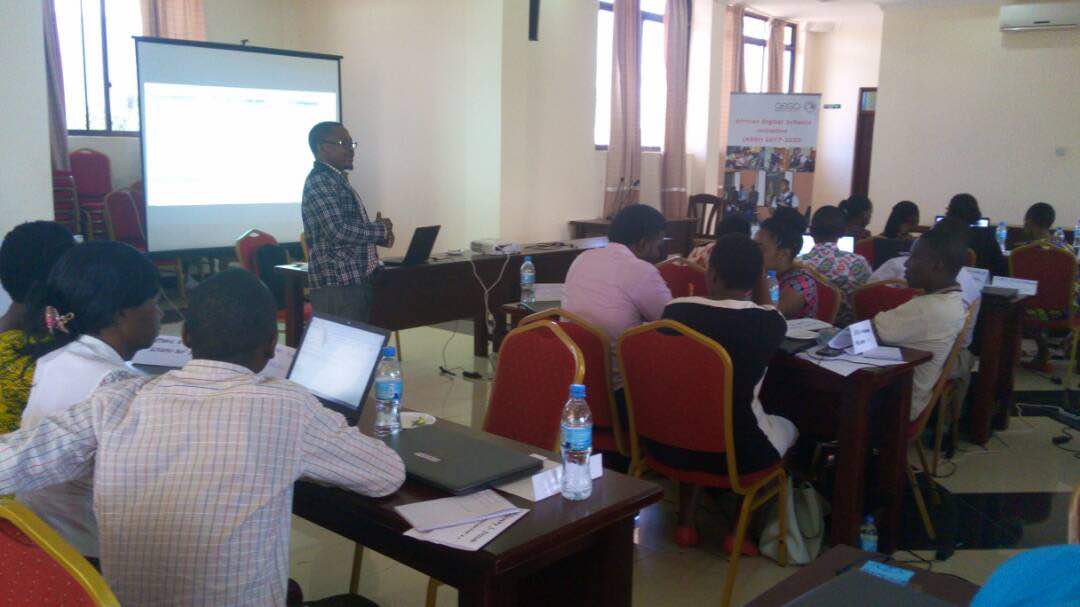
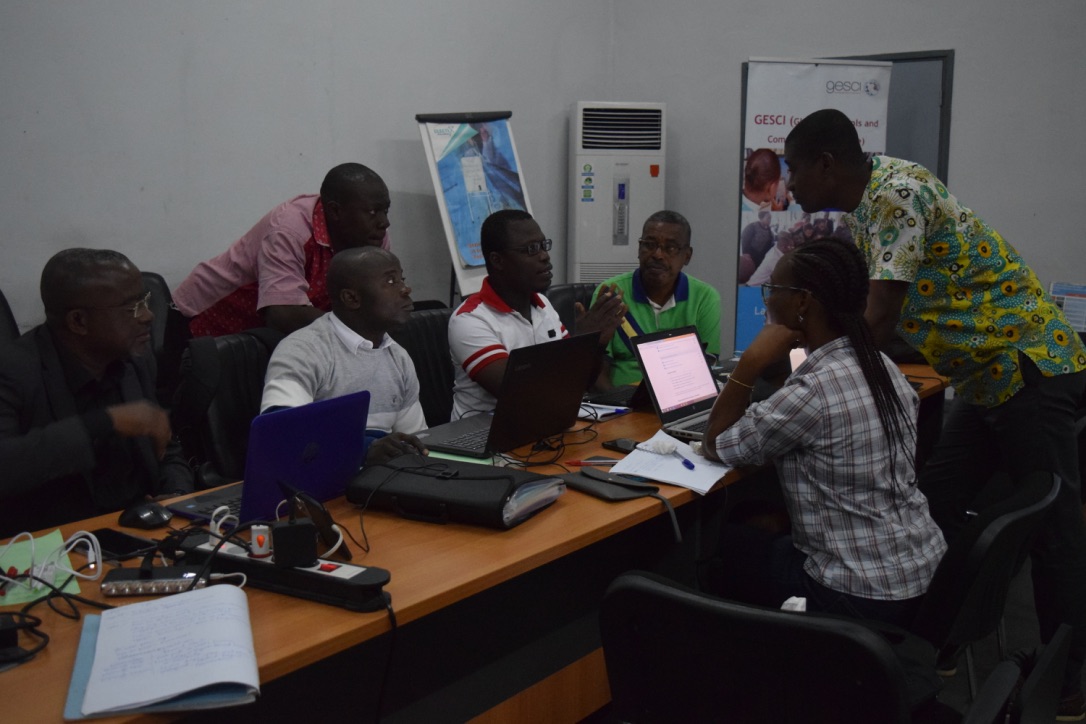
Download Further Facts on the African Digital Schools Initiative
ADSI Projects
Côte d’Ivoire 2016-2020
Programme: ADSI
Time period: 2016-2020
Scope: 20 schools
Professional development
20 school heads - 200 STEM teachers – 10 000 STEM students
Additional outreach
20 school boards and PTAs - 400 teachers of other subjects - 20 000 students of other subjects
Tanzania ADSI 2016-2020
Programme : ADSI
Time period : 2016-2020
Scope: 40 schools
Professional development
400 school heads - 400 STEM teachers – 20 000 STEM students
Additional outreach
40 school boards and PTAs - 800 teachers of other subjects – 40 000 students of other subjects
Kenya 2016-2020
Programme: ADSI
Time period: 2016-2020
Scope: 80 schools
Professional development
80 school heads - 800 STEM teachers – 40 000 STEM students
Additional outreach
80 school boards and PTAs - 1200 teachers of other subjects - 80 000 students of other subjects



